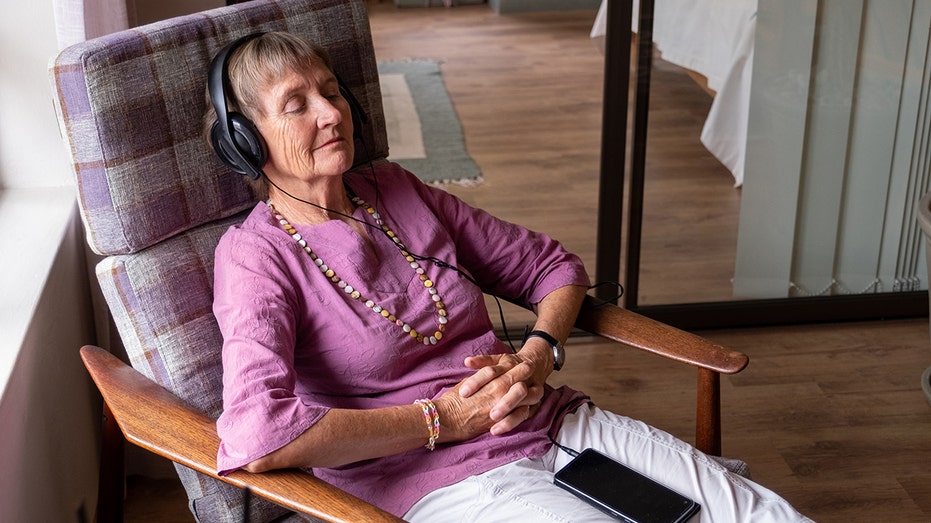URGENT UPDATE: A groundbreaking study confirms that listening to music can reduce the risk of dementia in adults over 70 by nearly 40%. Conducted by researchers at Monash University in Melbourne, Australia, this research highlights the significant cognitive benefits associated with engaging in music activities.
The study found that seniors who regularly listen to music face a 39% lower risk of developing dementia, while those who actively play musical instruments experience a 35% reduction in risk. The findings, published last month in the International Journal of Geriatric Psychiatry, urge an urgent reconsideration of lifestyle choices for brain health as the global population ages.
Researchers tracked over 10,800 adults aged 70 and older, exploring their music habits over several years. Those who engaged in both listening to and playing music experienced an even greater protective effect against cognitive decline, showing a 22% lower risk of mild cognitive impairment. This condition is characterized by memory loss and thinking difficulties that precede dementia.
Professor Joanne Ryan, who led the study, stated, “With no cure currently available for dementia, the importance of identifying strategies to help prevent or delay onset of the disease is critical.” She emphasized that brain aging is influenced not just by age and genetics but also by lifestyle choices.
The implications of these findings are monumental. Currently, approximately 57 million people worldwide suffer from dementia, according to the World Health Organization. This study suggests that incorporating music into daily life may be a simple yet effective strategy to protect against cognitive decline.
While the study highlights the potential benefits of music, it emphasizes that causation cannot be definitively established. The cognitive enhancements were most pronounced among seniors with higher education levels, suggesting that educational background may play a role in these benefits.
Dr. Morten Scheibye-Knudsen, an associate professor of aging at the University of Copenhagen, cautioned about the mixed results in existing research on mental stimulation activities. “While mental stimulation is encouraged, the science on it isn’t settled,” he said. However, he acknowledged the additional social benefits of playing an instrument, which fosters vital interactions as we age.
As these findings circulate, they present a compelling case for older adults to embrace music as part of their daily routine. The potential to maintain cognitive health through an enjoyable activity could lead to transformative changes in lifestyle for millions.
For those looking to enhance their mental well-being, the message is clear: turn up the music! The study underscores the urgent need for strategies that support cognitive health, especially as the population ages.
Stay tuned for more updates on this developing story as researchers continue to explore the relationship between music and brain health.
